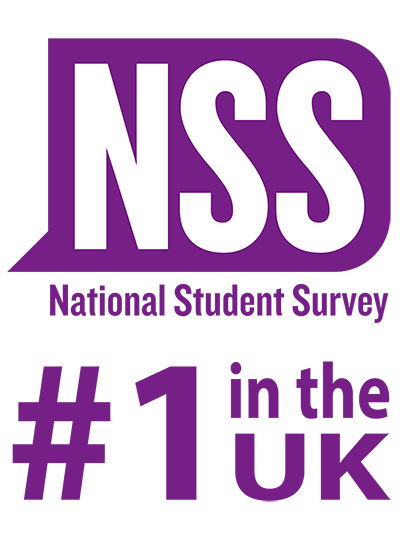Leadership for an uncertain world
Developing globally-minded leaders with the ambition, knowledge and skills to create a more prosperous and sustainable world.
Prospective studentsAboutLatest news from our Business School
Stay informed about groundbreaking research, student achievements and faculty contributions across the field, from policy insights to innovative studies.
From market analyses to emerging trends, see how our department is influencing both theory and practice in global finance.
Find out about how our research helps build sustainable and equitable futures in organisations of all kinds.
Latest School events
Choose your path to excellence
Discover how our world-class programmes can shape your future by registering your details today for personalised information about the University of St Andrews.








